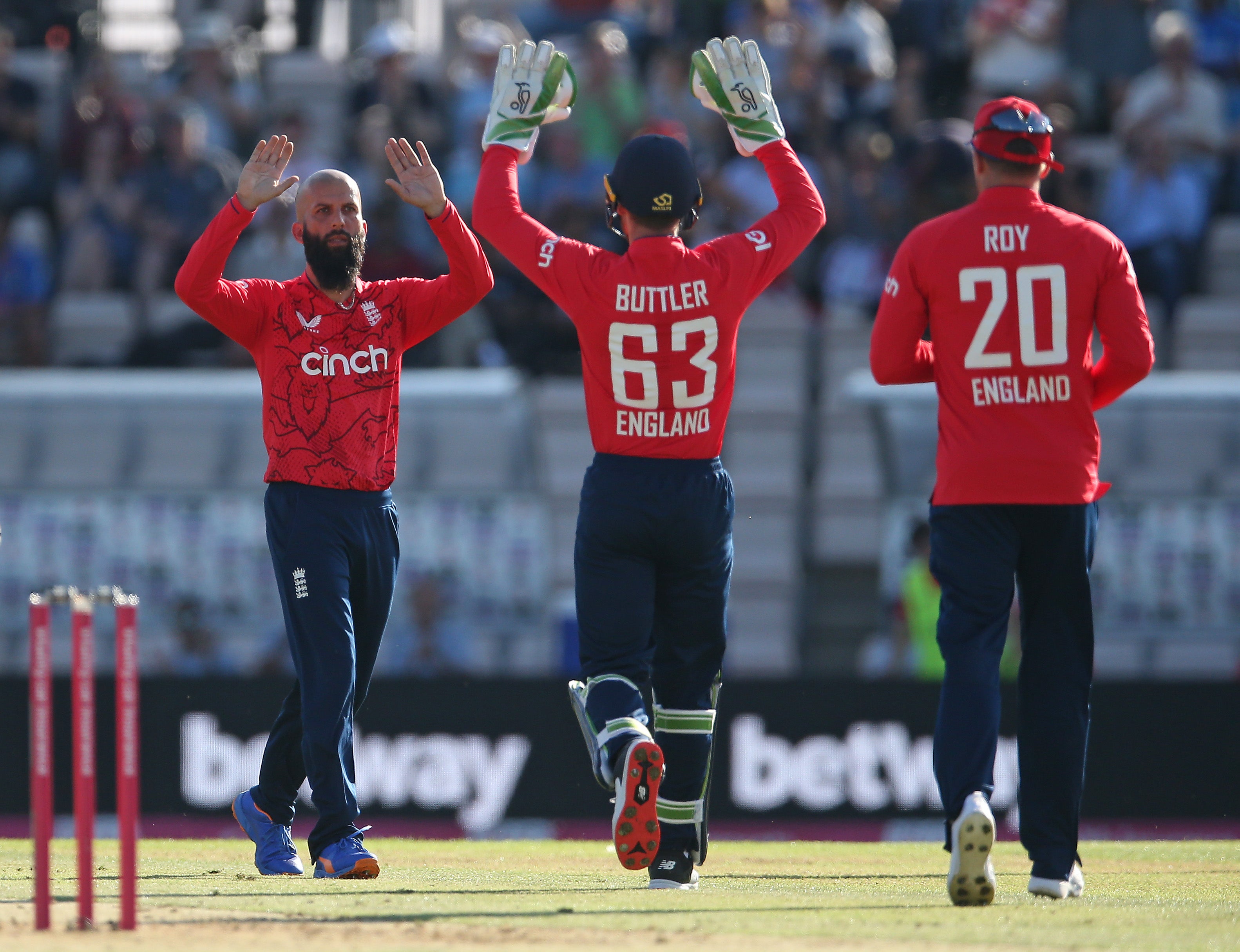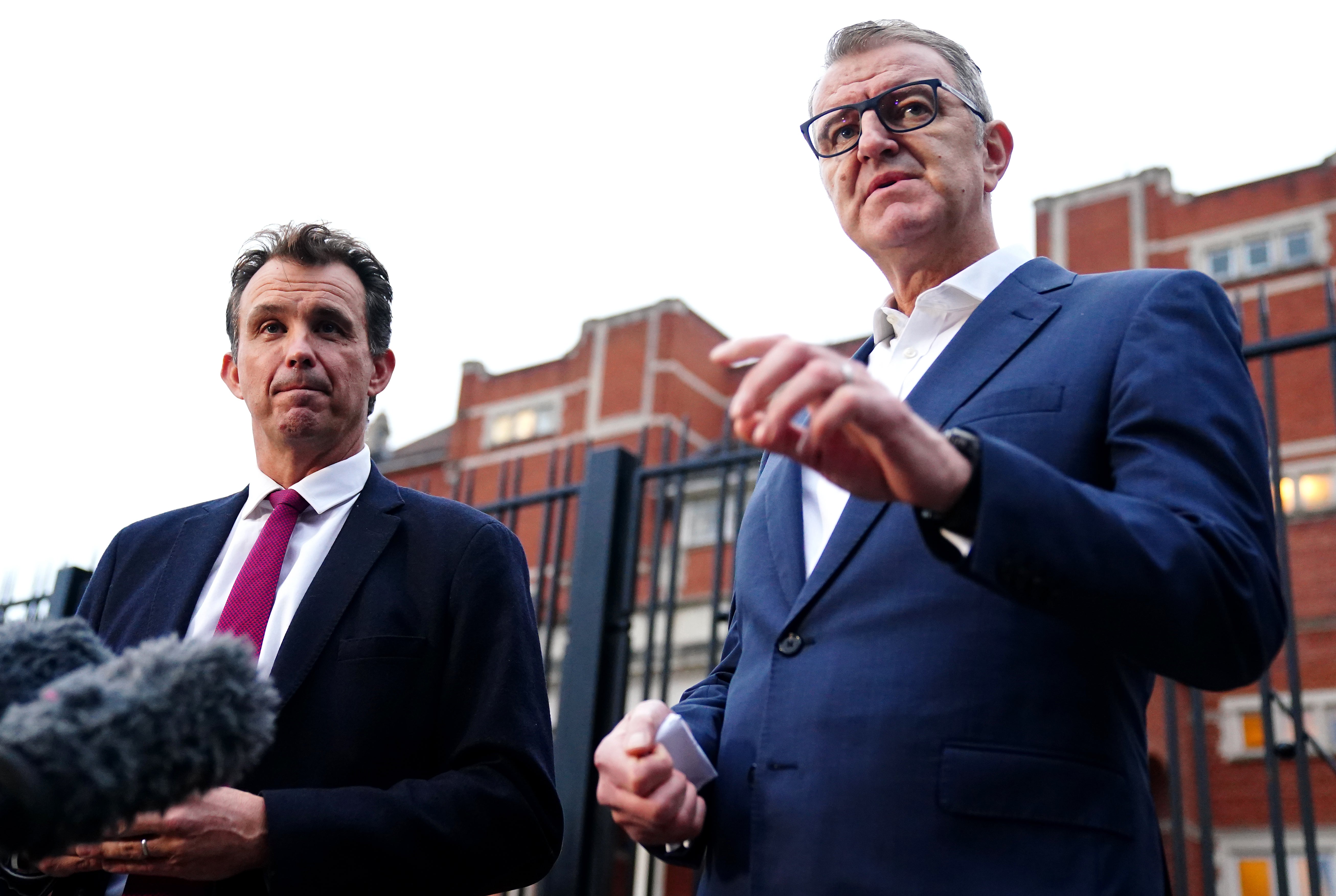England stars could be offered multi-year central contracts to fend off T20 leagues
The ECB are keen to stop the possibility of in-demand players turning their backs on international cricket

New England and Wales Cricket Board chair Richard Thompson suggested introducing multi-year central contracts to players tempted by the riches of freelancing full-time around the globe.
The proliferation of domestic Twenty20 leagues offers lucrative earning potential for a few weeks of work, with Trent Boult recently opting out of his New Zealand deal, partly to compete more in franchise events.
While there is no suggestion any England star is on the verge of doing likewise, Thompson, who started in his role on 1 September, recognises the increasing threat that international cricket faces.
And he therefore floated the idea of England cricketers being offered deals lasting more than 12 months in an attempt to stop the possibility of them turning their backs on international cricket.
“I do feel we are at an inflection point, a tipping point, of how we control our talent and are not losing them,” Thompson said. “In five years’ time if we’ve lost our best talent to multiple global tournaments then that’s a tragedy.
“We’ve got to guard against it and we’ve got to create a pathway. And that involves a lot more thinking than we are doing at the moment.
“We’ve got to find ways in the schedule, the financial commitments, other areas where it’s not all about money, security – that we can provide them.
“If you’re going from one league to another and you get injured, you’re done. But if a country can say, ‘here’s a three year contract’ – that’s very different.”
Another hot topic is the wide-ranging high-performance review into the men’s game led by Sir Andrew Strauss, who has made it clear that shrinking a saturated domestic schedule is his priority.
While Thompson bemoaned the current set-up in the LV= Insurance County Championship, Royal London One-Day Cup, Vitality Blast and The Hundred, he revealed a vote on Strauss’ proposals, which will not come into place until at least 2024, have been delayed.
“We want to reach the right decision,” Thompson said. “Everyone recognises all four competitions can exist together – this year’s didn’t work. Next year, it’s the same schedule. What follows in 2024 has to be a schedule where we have finally got it right.
“Our season never has a rhythm. Every other sport has a rhythm and a pattern to it. And so whatever comes out of this there has to be a schedule and a rhythm to the season that I have not experienced.”
Thompson compared trying to balance the summer schedule as “like the worst game of Jenga ever” but insisted The Hundred has his support – despite his opposition when he was Surrey chief.

“I was never really against (The Hundred),” Thompson said. “I was just against the fact that it was going to cannibalise the schedule, which is what it has done.
“What I don’t want to do is have The Hundred that diminishes the Blast. The Hundred can work and will work.
“Now we need to find a way of balancing the schedule where four competitions can coexist together without one cannibalising the other and we know that’s challenging and we know that’s difficult.”
One of Thompson’s first jobs is to appoint a new chief executive after Tom Harrison stepped down from the role earlier this summer.
Thompson added: “There’s a lot of good people that have come forward and there’s no shortage of strong candidates that’s for sure.”
Join our commenting forum
Join thought-provoking conversations, follow other Independent readers and see their replies
Comments


Bookmark popover
Removed from bookmarks